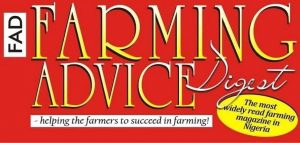Environmental enrichment for pigs
Despite many years of genetic selection, pigs are naturally curious animals that are still motivated to explore their environment as they would in their natural woodland habitat.
Back to Husbandry and welfare of pigs
Pigs explore by:
Rooting
Biting
 Learn More
Learn MoreChewing
Sniffing food and other items
Hunger is not the only motivation for this behaviour; even pigs fed ad libitum perform exploratory activities.
Read also: Heat stress in pigs
If there is nothing to explore in a pen, pigs often redirect their exploratory behaviour towards pen fixtures and pen mates, which can lead to tail and ear biting.
Why is environmental enrichment important?
There are many reasons to enrich the environment of pigs:
- To reduce the frequency of abnormal behaviour (tail biting, biting, aggression)
- To increase the pigs’ ability to deal with challenges in a much more normal way
- To broaden the range of behaviours expressed
- To improve animal performances (feed intake, average daily gain (ADG) and feed conversion ratio (FCR))
- To reduce stress in the animals
Legal requirements
It is a legal requirement (EU directive 2008/120/EC) for pig producers to provide pigs at all production stages, including sows, with permanent access to environmental enrichment materials in “a sufficient quantity… to enable proper investigation and manipulation activities”.
The legislation does not stipulate what does and doesn’t constitute appropriate enrichment.
What is most important, is that it is provided in a sufficient quantity to enable proper investigation and manipulation activities, as well as being safe for both pigs and stock people.
Read also: Climate change and pig Production
Environment enrichment: a practical guide
There is a wide range of enrichment options and materials available that can be used in different ways but which vary in their properties and suitability for pigs in different housing systems.
Our practical guide to environmental enrichment for pigs provides practical advice to producers on providing suitable environmental enrichment to different classes of pigs and for all types of housing.
It discusses the types of enrichments most suited to each system, including their properties, how to present the enrichment, quantities, ease of installation, maintenance and costs.
For more information and updates join our WhatsApp group HERE
Like our page on Facebook HERE











